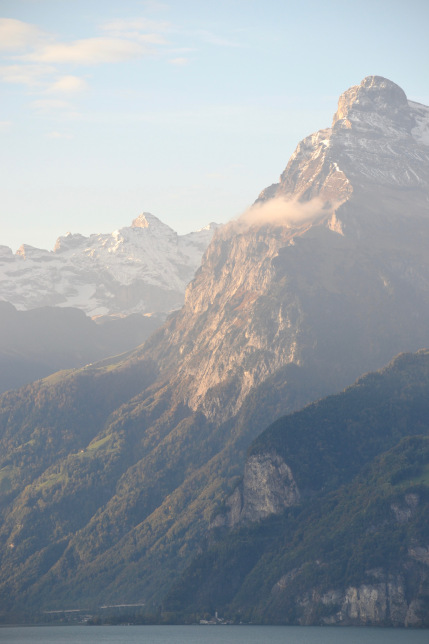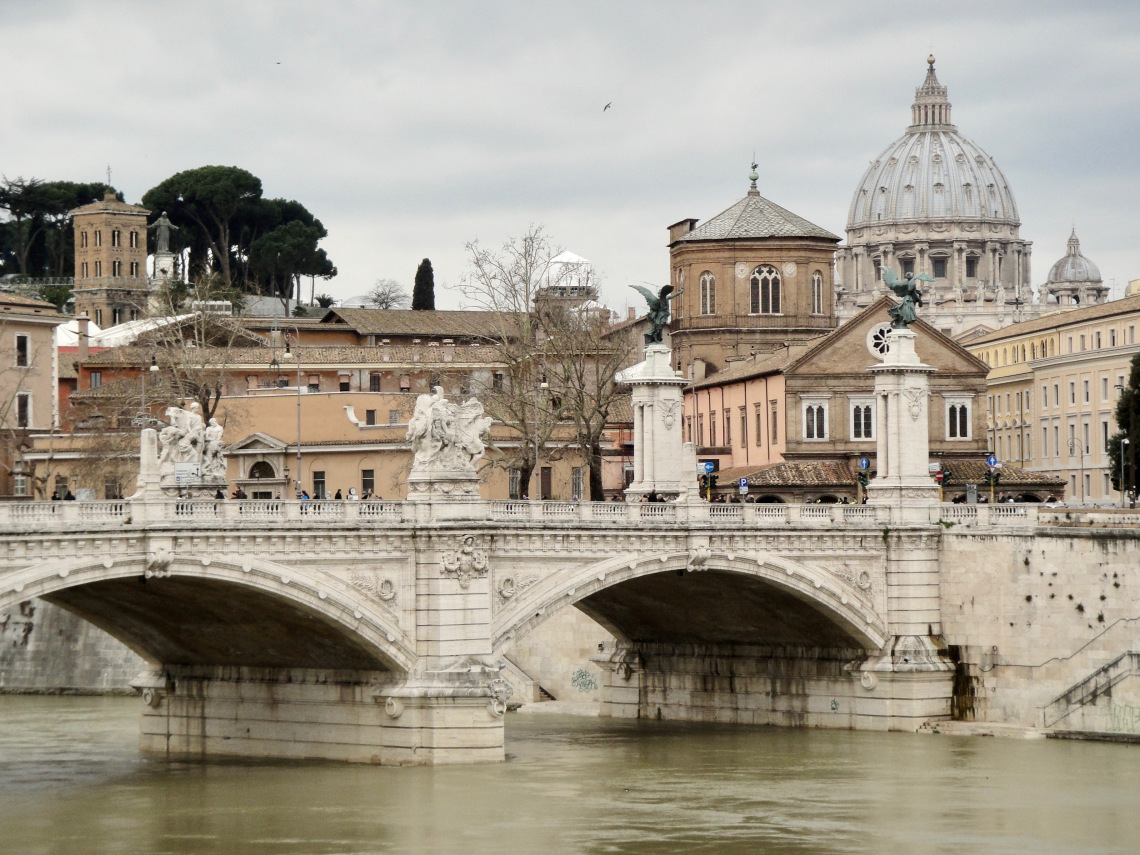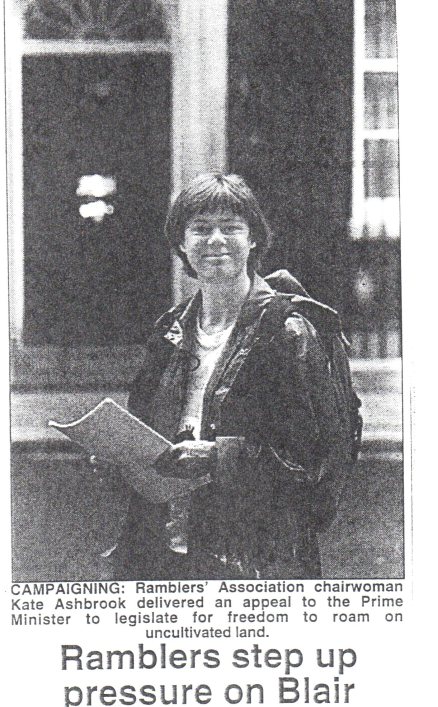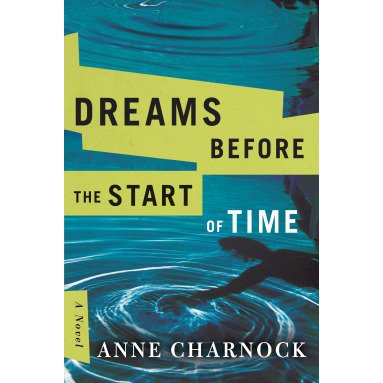Germans have the best words to describe the desire to leave home, go far away and see something new. There’s Wanderlust, which is self-explanatory and then there’s Fernweh, which is an aching for distance or the opposite of homesickness. Alain de Botton’s The Art of Travel analyzes our motives in traveling for pleasure. He’s basically asking whether or not there is something inherently good about travel. For me, and like most things in life, it depends.
He notes that things like Art and Memory are tools of simplification and selection, which contribute to our tendency to romanticize certain places and eras (14). Perhaps we forget that the reality of traveling means hassle, money, time, fuel, baggage, tourism, expectations, disappointments. But we love it. So we must get something good out of going far away. But what? More life? Is different or new always better?
De Botton discusses the many reasons people travel and one is to escape the drudge and grime of city life. Of course there is nature all around us wherever we are, but the Swiss Alps are something else and everyone agrees. He suggests that we are drawn to the sublime, which means facing something awesome that shows us our mortality or simply makes us feel small.
 The Sublime Swiss Alps
The Sublime Swiss Alps
For the poet William Wordsworth, getting out of the city should remind us to be at ease with ourselves as best we can in our natural environment, just as the mountains are at ease with themselves and the deer are at ease with themselves and their fate. Maybe then we could stop caring so much about the petty and the insignificant.
 Is Rome for Everyone?
Is Rome for Everyone?
In my earlier post about Kerouac’s Lonesome Traveler I talked about it being possible to have an affinity with a culture other than your own. De Botton says, “we may value foreign elements not only because they are new, but because they seem to accord more faithfully with our identity and commitments than anything our homeland could provide” (78). So, we feel we can find and be ourselves better somewhere else.
In the end, De Botton brings up the idea of room-travel, which is essentially looking at your own things and current surroundings with a traveling mindset. The traveling mindset has to do with receptivity and observation.
The pleasure we derive from journeys is perhaps dependent more on the mindset with which we travel than on the destination we travel to. If only we could apply a traveling mindset to our own locales, we might find these places becoming no less interesting than the high mountain passes and butterfly-filled jungles of Humboldt’s South America (246).
Your hometown is no more or less exotic than anywhere else in the world, you just happen to know more about it. When we travel, I think we are trying to make more of the world our home. When I find myself longing for some strange new adventurous place, I have to remind myself that I’m never more in the world than where I am right now, whether it’s Rome, New York or somewhere no one has ever heard of.
What I underlined:
If it is true that love is a pursuit in others of qualities we lack in ourselves, then in our love of someone from another country, one ambition may be to weld ourselves more closely to values missing from our own culture (90)
We might return from our journeys with a collection of small, unfêted but life-enhancing thoughts (113)
Citing a letter written by Flaubert: “I’m no more modern than ancient, no more French than Chinese, and the idea of a native country, that is to say, the imperative to live on one bit of ground marked red or blue on the map and to hate the other bits in green or black, has always seemed to me narrow-minded, blinkered and profoundly stupid” (100).
Edition: Penguin Books 2014
Photos: all mine
Share this:





